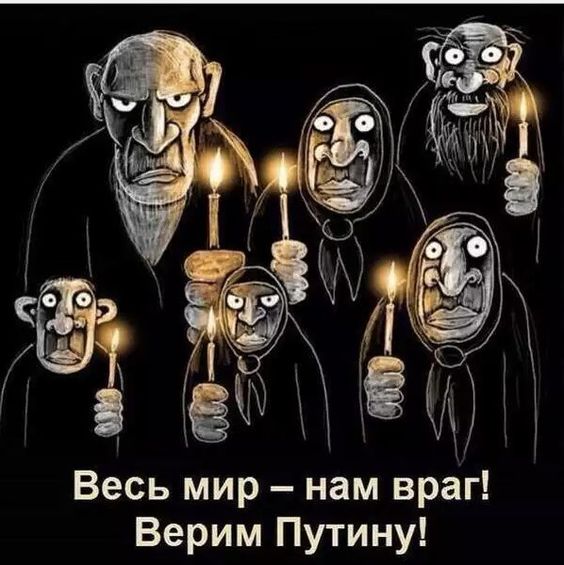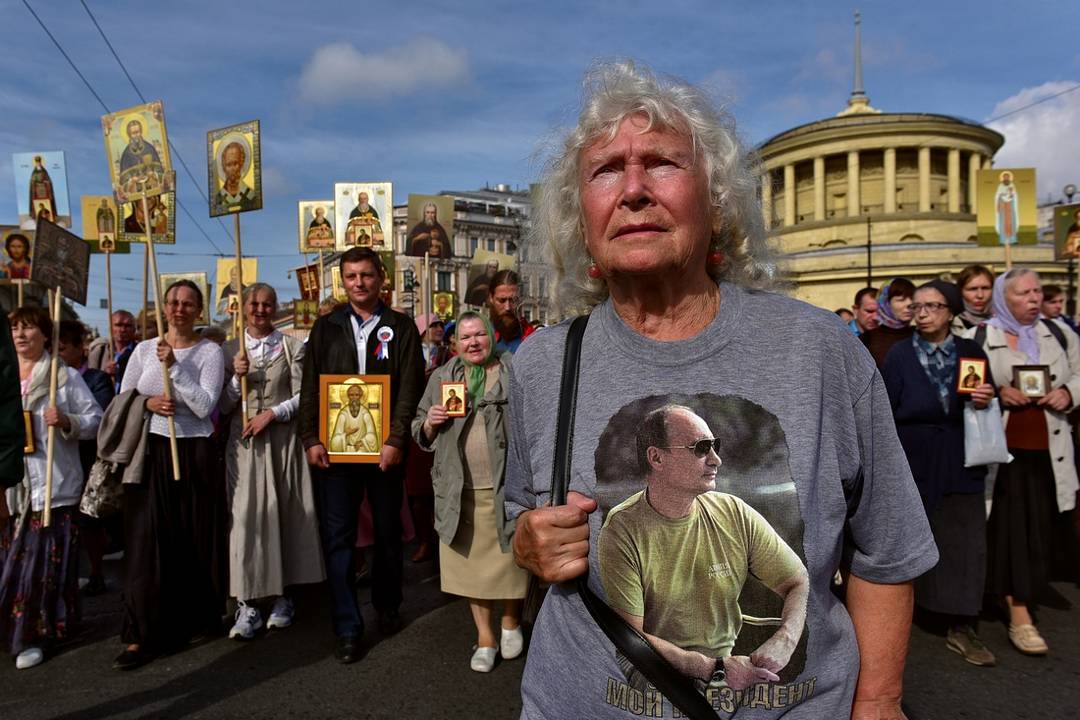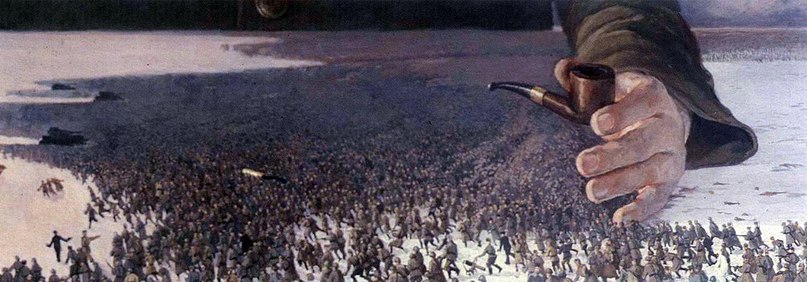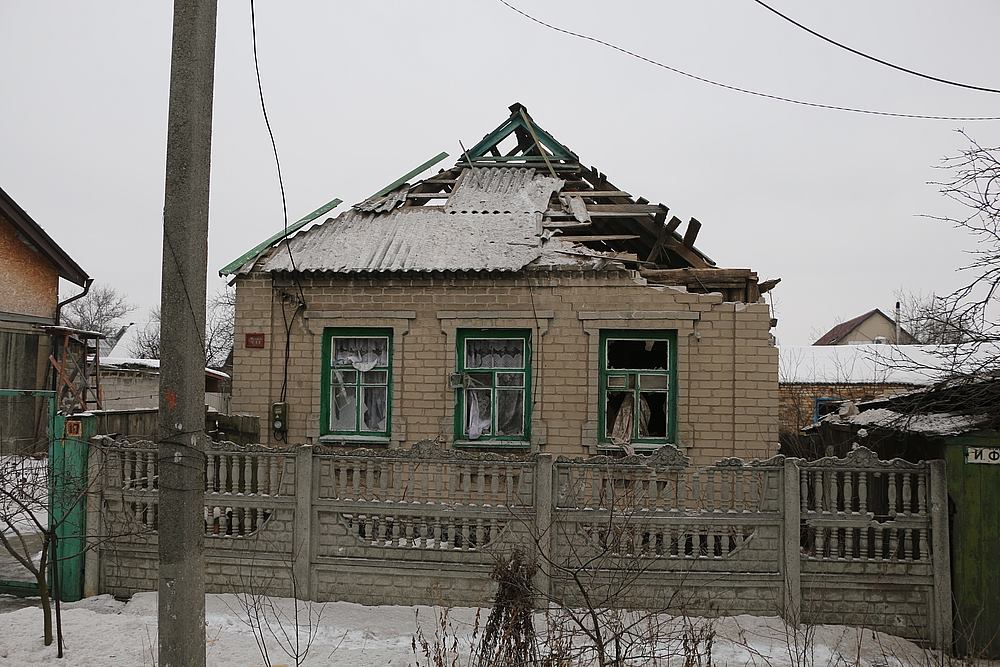Talk the supposedly “hybrid” nature of the Russian state now with its insistence that everyone avoid comparing it with any other regime intentionally or not obscures how Putin “reproduced precisely the Stalinist mechanism of power” and put in place “a neo-Stalinist authoritarian regime,” Irina Pavlova says.
Those who dissent from the supporters of the “hybrid” conception, as the US-based Russian historian has for some time, are usually challenged by assertions that “Putin is not Stalin and that today there aren’t and cannot be mass repressions comparable in scope to the repressions of Stalin’s times.”

“Of course, Pavlova says, “Putin isn't Stalin for no two people are exactly alike. But the issue is not in personalities but in the phenomena which they embody. Today, mass repressions aren't necessary – Stalin made them unnecessary” by his transformation of the people into “a space for manipulation by the powers that be.” Now only “targeted” repression is needed.
As many fail to recognize, “the very essence of Stalinism is not mass repressions … but conspiratorial power with secret mechanisms for the taking of decisions,” a model which traces its origins back to the Russian state of Ivan the Terrible and one that “beautifully serves the goals and interests of President Putin and the members of his corporation.”
This system, the historian points out, “guarantees the preservation both of their power and of their property. More than that, it satisfies their great power ambitions on the world political stage.”
One can argue, Pavlova says, that “Putin has solved the problem of the consolidation of power even more effectively than Stalin did because in present-day information society, it is possible to achieve those goals not via mass repressions but rather via the effective manipulation of public consciousness.”
The necessary conditions for this development “have existed from the times immediately after August 1991 “when the mechanism of communist rule with its infrastructure and secret way of doing business remained untouched.” The personification of power took place under Yeltsin when “the authority of the president turned out to be no less than” that of Soviet communist leaders.
Putin simply completed this process with his power vertical and the appointment of governors, Pavlova continues, “the last step [being] the consolidation of power and the transformation of the Russian Federation from a formally federal state into a unitary one like it was under Stalin.”
Despite what some think, this is “not a weakness but a strength of this regime.” It hides “the real center of power, its main players, and their motives” and only those decisions the authorities want to be public are made so.
But Putin has not simply restored the Stalinist mechanism of power, Pavlova argues. “He has legitimated it” in the minds of many who are prepared to label it and accept it as “’sovereign democracy’” or “’imitation democracy’” or even now, a “’hybrid’ regime” by having institutions that are just as fraudulent as was “’socialist democracy’ under Stalin.
According to the Russian historian, “Putin in this regard has gone even further than Stalin did.” He has adapted “the Stalinist mechanism of power to the information era, having permitted the existence not only of the so-called systemic opposition but also the extra-systemic which can even harshly criticize him.”
But these appearances are deceiving to those who want to be deceived because all opposition “operates on the Kremlin’s conditions” and its existence is used to legitimize the illegitimate, Pavlova suggests.

As a result of these Putin “achievements,” “Russians even in the 21st century remain an archaic and paternalistic people, completely depending and relying on the central powers” and retaining their “traditional anti-democratic and anti-Western Russian and Soviet values, which have come to form a great-power ideology or Russian fundamentalism.”
That system of values includes the notion shared by the powers and the population that “the Russian people is the bearer of a special morality and a special feeling of justice, that the West can never be “a model for societal development,” that Russia must be an empire, and that they and their country have “a special historical mission.”
Despite what some think or perhaps hope, this regime is “stable as never before,” Pavlova says. It is one like Stalin’s in which “the life of the Russian population will continue to get worse and its morality degrade, but the components of this regime, that is, the siloviki, the power elite, the military and the national corporations will flourish as before.”
Such a state is “not a hybrid regime.” Those who think so are focusing only on “superficial phenomena.” Instead it is, as it has been since 2007, Pavlova says, quite obviously a dictatorship and should be called that rather than dressed up as something else.
Related:
- Putin regime has long had an ideology - Great Power Imperialism -- Pavlova says
- Putinism isn't the Brezhnevism of today: it's far more dangerous and vigorous, Pavlova says
- No panic from Putin as West still doesn't recognize nature of his threat to the world, Pavlova says





